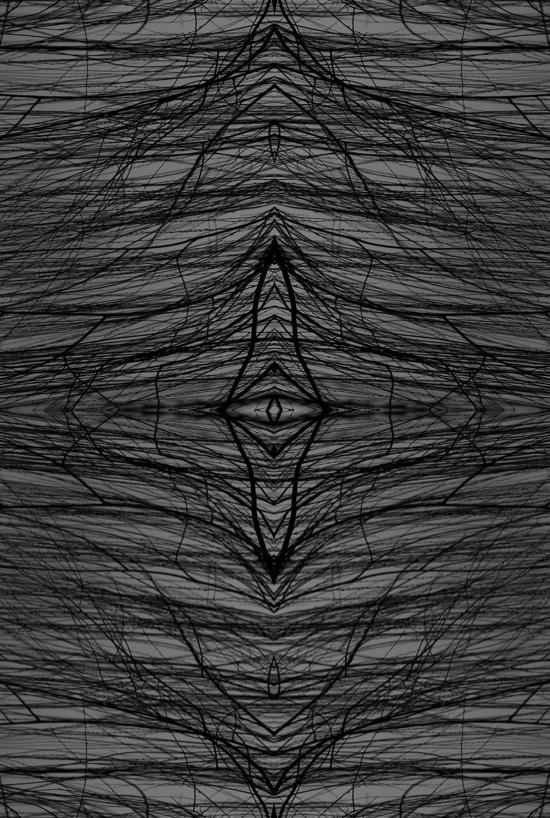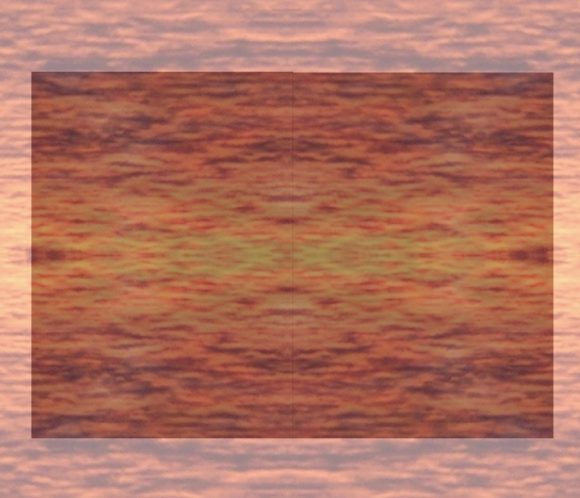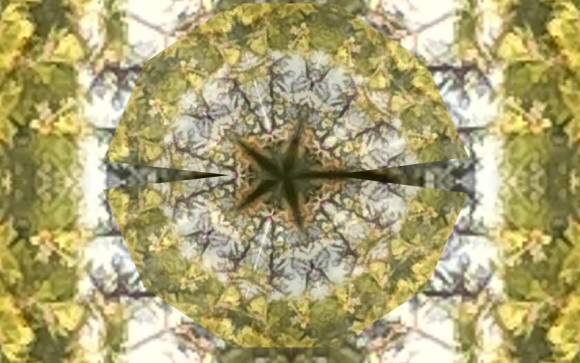[Note: This post has been superseded by an updated and more integrated article.]
During times when one moves into the depths of the inner world, one disengages proportionally from the external world. Or, expressed in the stark mythical imagery that Hillman has proposed, when one descends into the underworld, one leaves the world of the living (and one’s own life in that upper world) behind. The nekyia is always a journey away from something — social reality, envisioned futures, physical liveliness — as well as towards something else. It is a directed path; but that means not so much directed “towards a goal” — rather, it means a consistent increase of inner depth and decrease of import from the external.

Consider this analogy. Suppose you go for a hike in the mountains. You start out in a town at the foot of the hills, in the middle of busy social and commercial activity; you move upwards through the outskirts of town, along developed roads, but at some point it becomes footpaths and villages, and even higher up, just the occasional wooden hut. Lush vegetation gives way to sparse vegetation. Rich soundscapes of birdsong and barking dogs (to say nothing of the noises from human activities) get replaced by silences only backgrounded with the wailing wind. So this path you’re taking, in one sense, has a clear directedness: it gradually reduces the relative amount of life (social life, human life, animal and even plant life) you encounter, and proportionally increases the intensity, purity, and loneliness of nature itself. (And that experience, of course, is what we seek when we go on this kind of hike.) But note that there is no need to assume a specific destination: you don’t have to try and arrive at the peak of the mountain, or indeed any particular location. The hike — including its directedness — is still the same if you just “go up there for a day”.
Similarly with the descent into the underworld. We mustn’t confuse the directedness of the nekyia with the notion that it must have a particular goal or outcome.
But we can meaningfully ask whether any journey downwards must be matched or compensated, sooner or later, with a corresponding move upwards. Must there be, for any descent to the underworld, a compensating return trip, back to the fold of social life? (And if so, why would that be?)




[…] have asked whether a descent to the underworld would necessarily require a compensating return trip. The […]
[…] looking at a variety of possible answers to the guiding question (whether a descent to the underworld requires a compensating return trip — and if so, why) in […]
[…] Joseph Campbell dedicates a whole chapter of The Hero with a Thousand Faces to “The Return” — so he has to say quite a bit about the return leg of the journey there. […]
[…] we discuss the journey to the underworld, we’re on a metaphorical level of speaking. “Metaphorical”, of course, can […]
[…] not run towards an end state with any kind of pre-determined structural characteristics (see this older post for an analogy). And finally, if we follow Hillman in abandoning the notion of a (Jungian) […]